-
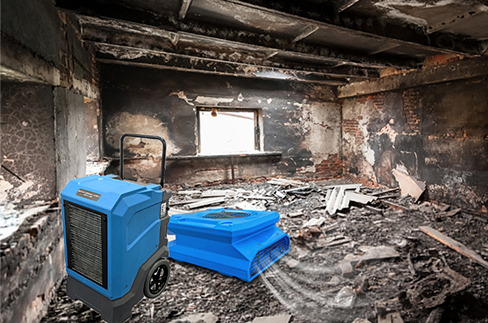
How Do You Restore After a Fire?
Restoring a property after a fire involves a systematic and comprehensive approach to assess, clean, repair, and ultimately restore the property to its pre-fire condition. Here's a general overview of the steps involved in the fire damage restoration process: ...Read more -
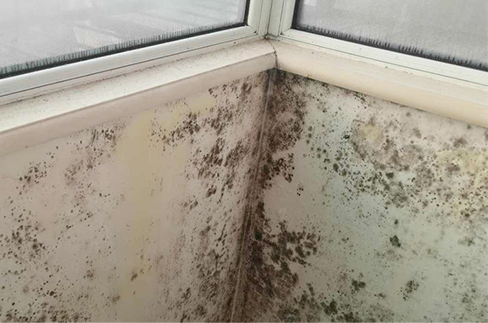
What Equipment Is Used for Water Mitigation?
Water mitigation involves the process of reducing or preventing the extent of water damage caused by flooding, leaks, or other water-related incidents. Common types of equipment used for water mitigation: 1. Water Extraction Equipment - Submersible pumps: Used to remo...Read more -
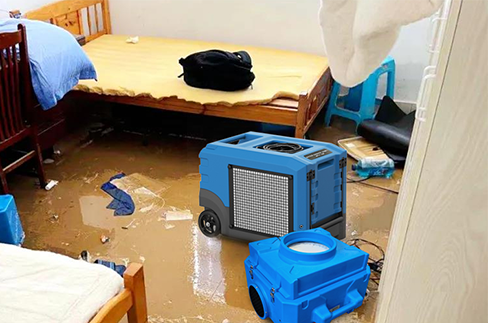
How Long Does It Take to Restore a Home After Water Damage?
The time it takes to restore a home after water damage can vary significantly based on several factors, including the extent of the damage, the type of water involved (clean water, gray water, black water),...Read more -
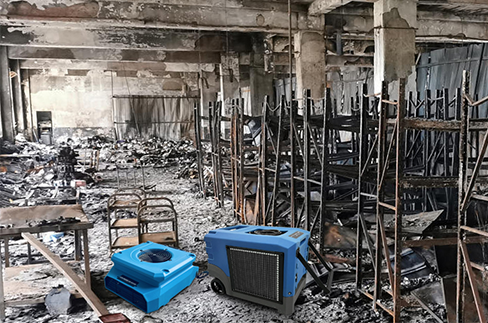
What Tools and Equipment Are Used in the Fire Damage Restoration Process?
The fire damage restoration process involves a range of tools and equipment to effectively assess, clean, repair, and restore properties that have been affected by fire and smoke. The specific tools and equ...Read more -
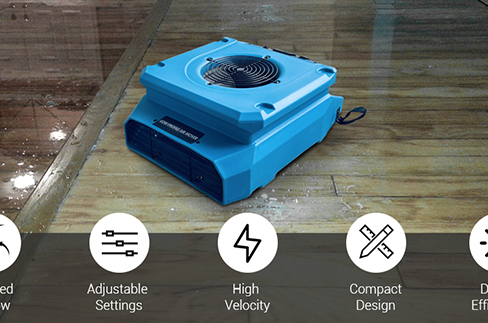
What Kind of Blower Fan Is Used to Dry Water Damage?
The kind of air mover used to dry water damage is typically a centrifugal air mover. These are the most commonly used type of air movers for water damage restoration due to their efficiency in creating focused and directed airflow. Centrifugal air movers are designed to ...Read more -
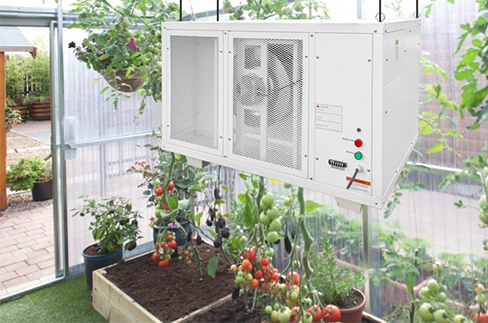
What Is the Best Way to Dehumidify a Greenhouse?
Dehumidifying a greenhouse involves controlling and reducing excess moisture to create an optimal growing environment for plants. High humidity levels can lead to mold, disease, and poor plant growth. Metho...Read more -
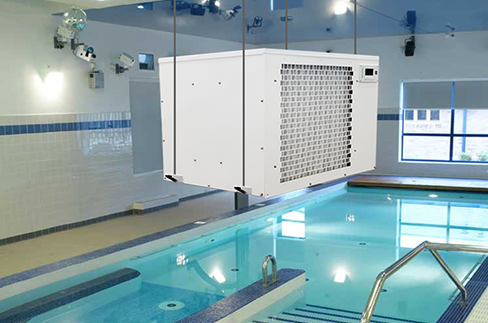
Do Indoor Pools Need a Dehumidifier?
Indoor pools absolutely require a dehumidifier. Indoor pools create a high-humidity environment due to the constant evaporation of water from the pool's surface. Without proper humidity control, indoor pool areas can experience a range of problems that affect both the co...Read more -
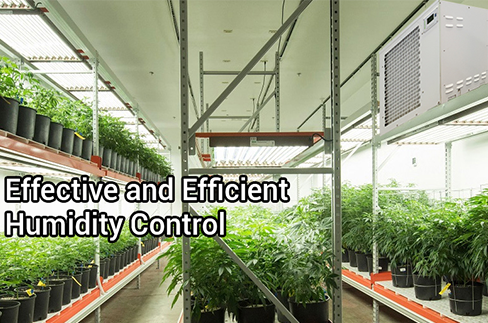
Is Dehumidifier Good for Grow Room?
A dehumidifier can be very beneficial for a grow room, especially if you are cultivating plants indoors or in a controlled environment. Maintaining proper humidity levels is essential for the health and success of your plants, and a dehumidifier can help you achieve this...Read more -
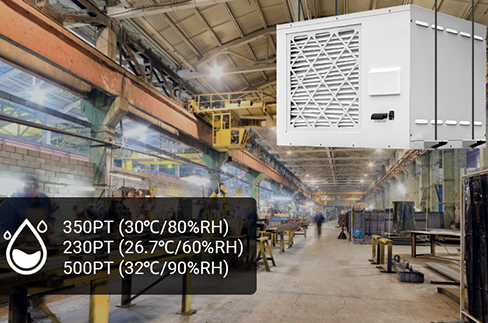
How Do I Choose an Industrial Dehumidifier?
Choosing the right industrial dehumidifier requires careful consideration of several factors to ensure it effectively meets the needs of your specific application. Key steps and factors to select an industr...Read more
 +86-13376814803
+86-13376814803  robert@hzhongtai.com
robert@hzhongtai.com












